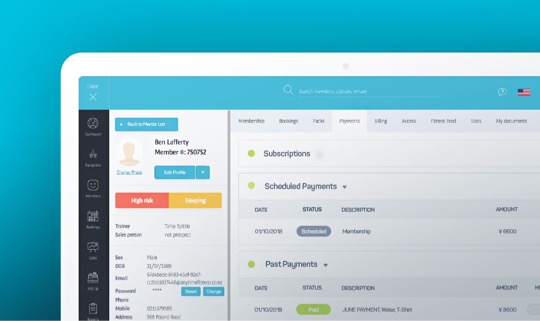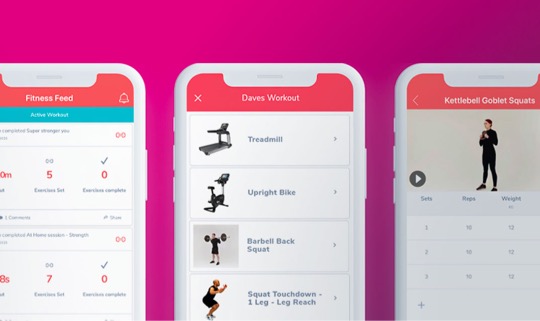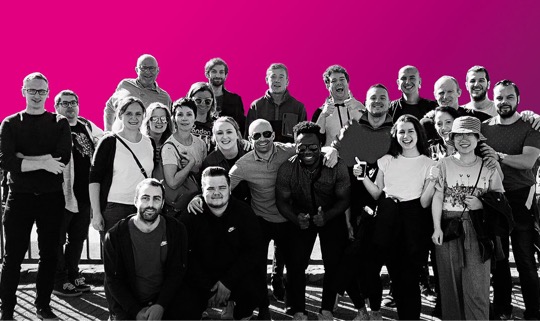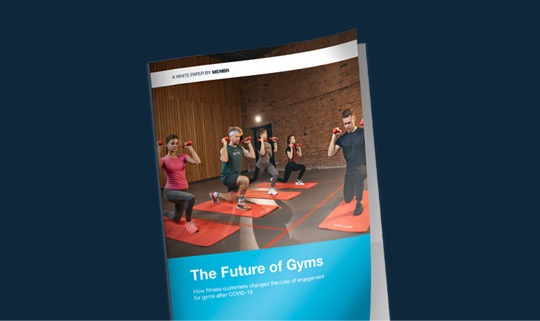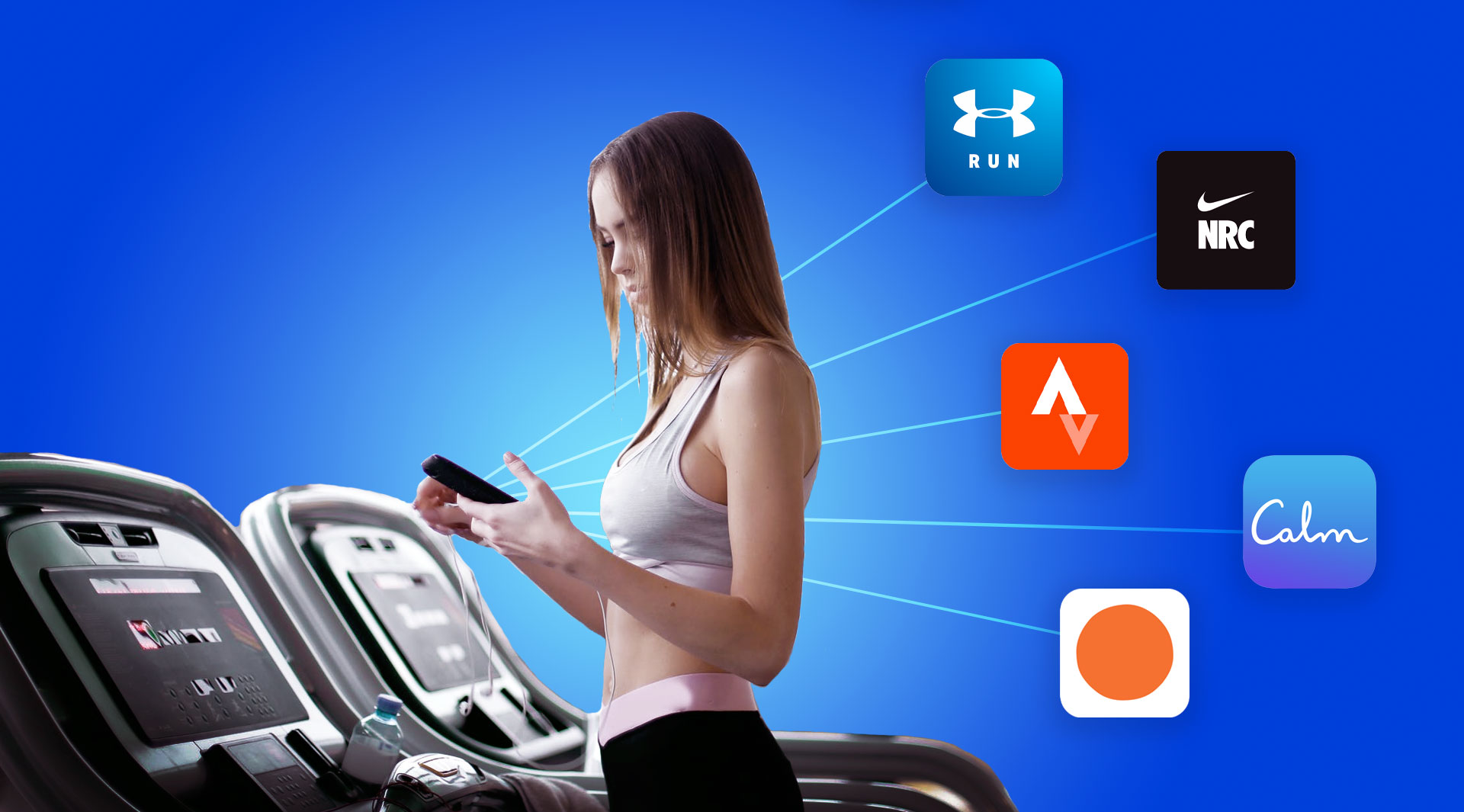Mobile fitness apps are helping people live more actively than ever before, whether they go to the gym or not, whether they are fitness enthusiasts or fitness beginners, whether they just want to check out what’s available in the market out of curiosity. But bear in mind – big data keeps a record of every digital action.
Today there’s at least one app on everyone’s phone that is tracking their daily steps, calories intake or minutes spent in meditation.
Some of these apps are built-in when you purchase a smartphone, others are free to download, and there’s a third kind that involves a buying decision (often a monthly subscription).
Mobile apps are helping people stick to habits longer and achieve their fitness or lifestyle goals faster, but digital fitness always leaves a digital trace. What does this mean for consumers?
When it comes to Big Data in the fitness industry and its impact on consumer behaviour, there are 4 critical points to consider:
- Privacy issues
- Inconsistencies
- Addictions
- Expectations
Let’s dive into them one at a time.
Big data, big privacy issues
Mobile apps are tracking a lot of data, which can cause huge privacy problems for users at various points in their digital fitness journey.
For example, in 2018 MyFitnessPal suffered a massive security breach which affected 150 million users, exposing sensitive personal information such as username, password and email address.
The privacy problem with mobile apps is that often the data doesn’t stay with the company we agree to share it with, but it’s being redirected to third parties, including advertisers.
What does this mean for the end consumers? While some of them might be perfectly comfortable with sharing what they do online, others might be hesitant before installing any new mobile apps.
Our advice – talk to gym new members and understand their attitude to digital fitness. This will help you offer them the best possible personalised fitness experience while they’re a gym member at your facility.
Big data, big inconsistencies
According to Business Insider, fitness mobile apps could be misreporting health data by nearly 30%.
This might sound like bad news at first, but think about how reliable is your own brain. If you had to store all the member data in your brain, you’d probably forget more than 50% of the details.
Similarly, imagine you had to manually collect data in a notebook or even in a digital document. You’d likely end up making mistakes along the way and lose a lot of time writing down everything that may or may not be important.
Regardless of their total accuracy, mobile apps help gyms understand their members better and encourage more brand interactions even remotely. It’s important to advise gym members what data is really essential to track and what are the stats they shouldn’t really be worried about.
Big data, big addictions
Big data for gym operators and experts in the fitness industry means that we have more information than ever before to analyse member behaviour, needs and problems in real time.
"In a culture where wellness junkies use apps, websites and wearables to monitor every morsel that passes their lips, every step they take, every beat of their hearts, their sleep cycles, and their fitness progress, we have health insights we’ve never had before."
For the fitness enthusiasts driven to see results, however, this 24/7 access to digital data could lead to a big unhealthy addiction.
Keep that in mind for next time you see someone in the gym who’s glued to their phone. Go to them and ask them how they feel about their progress so far.
A quick conversation might be all that it takes to give new members a sense of accomplishment that otherwise gets lost in the social feed of constant updates from friends who run, hike or swim tens of miles on a daily basis.
Big data, big expectations
Where most fitness mobile apps win is their ability to customise the user experience based on personal goals, availability, dietary requirements, health conditions and so on.
Mobile users eagerly take the opportunity to show their individuality while being part of a larger community, but here’s the problem: more than 71% of consumers expect companies to deliver personalised interactions.
But wait… the same study shows that 76% get frustrated when they can’t the level of personalisation they expect!
Be careful not to overpromise what you can deliver with your digital fitness offerings. In a market where there are a lot more advanced digital alternatives ready to download from the app stores, it’s crucial that you focus on your biggest strength – your people.
👉 Continue reading: Is Virtual Reality a Threat or an Opportunity for Your Fitness Club?
